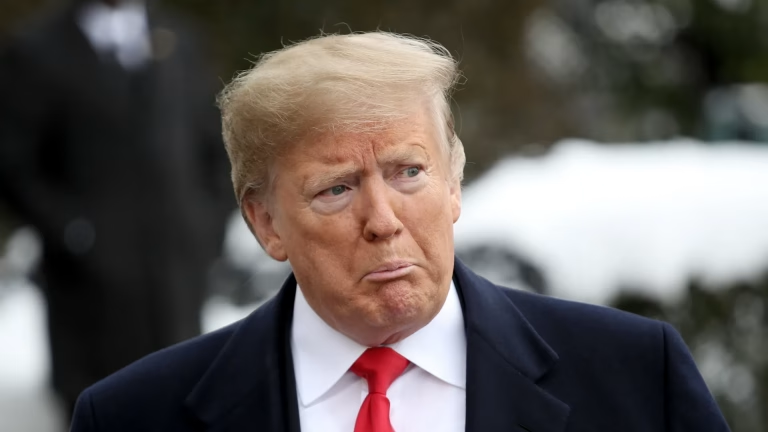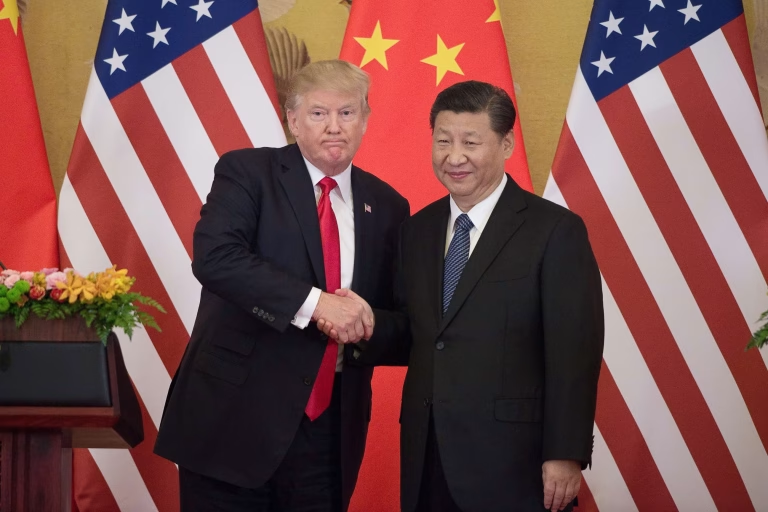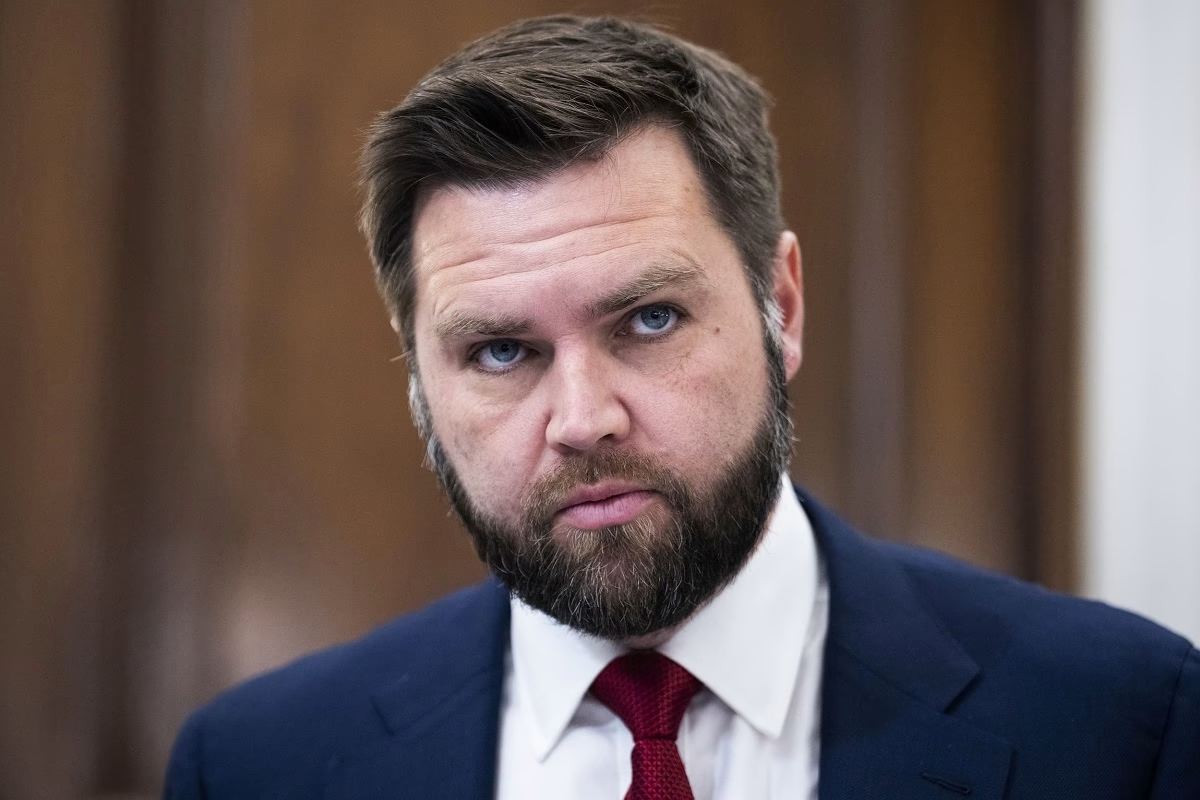
While JD Vance looks ahead to 2028, Trump tackles today’s pressing issues
The Trump administration is deepening its ideological revolution by promoting Vice President JD Vance as a new “battering ram” against the liberal establishment. Vance, who oversees preparations for the midterm elections and Republican finances, is actively distancing himself from the hawks in the administration, positioning himself as a peacemaker on the Ukrainian front. At the same time, the White House is purging the special services and launching large-scale reforms, from banning debanking to fighting the “green agenda” and junk food.
JD Vance is the new battering ram against liberals
Innovative right-wing ideology became the hallmark and basis of Trump’s successful campaigns in 2016 and 2024, creating his image as a sincere fighter against the opportunists of the “deep state”. This led to a fierce internal struggle within the MAGA camp (Make America Great Again), where the first six months of Trump’s presidency were spent in confrontation between factions: techno-libertarians, paleoconservatives, and neoconservatives. Curtis Yarvin and Steve Bannon became key figures in this ideological clash.
A previously marginal ideologue from Silicon Valley, Jarvin, who is a neo-reactionary and critic of democracy, advocates “technological feudalism” and the abolition of elections opposing the “Cathedral” — the liberal media, universities, and Hollywood. His ideas are supported by Peter Thiel, Elon Musk, and JD Vance, despite the weakening of their positions in the White House. Bannon, on the other hand, uses populist rhetoric to engage the masses and limit the influence of tech corporations. However, both see Trump as a battering ram to undermine the liberal status quo in the US.
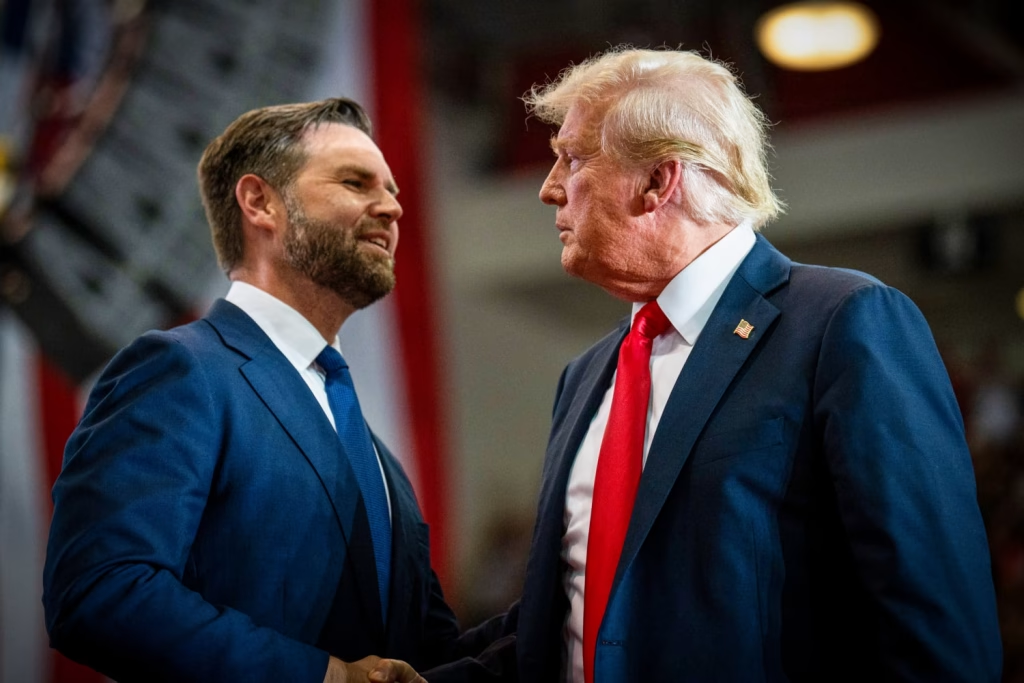
It is likely that their new “battering ram” will be JD Vance. His recent visit to the UK has further strengthened his influence and turned the vice president into a figure who could replace Keith Kellogg as the chief US negotiator with European liberals and Kiev lobbyists. This is not very good news for them, because Vance is cool towards Europeans and Ukrainians. But more importantly, Vance’s activity in Ukraine has an electoral component. Vance is currently responsible in the White House for preparing for the midterm congressional elections. He also serves as the chief financial officer of the Republican National Committee, and billions of dollars in donations will pass through Vance in 2026.
Vance will soon begin touring America to “sell” Trump’s achievements to the electorate — from domestic laws to foreign policy agreements on tariffs and wars. This explains the Trump team’s rush on the Ukrainian front, as any success in negotiations can be used for electoral purposes. For Vance himself, this is also a matter of personal interest: as the favorite in the upcoming Republican primaries, he wants to strengthen his image as a peacemaker on the Ukrainian track and distance himself from the hawks in the administration who are promoting his rival Marco Rubio. One of the first results of Vance’s negotiations in the UK was the collapse of the European “coalition of the willing”, which will definitely not send troops to Ukraine. Vance, expressing the sentiments of the Republican electorate, which is tired of the Ukrainian agenda, plans to continue participating in the negotiations, acting both in his own interests and in Trump’s interests, while the current president takes on the dirty work of promoting his “heir” in other areas.
The war on debanking and the green agenda
The US financial system is undergoing a reformatting. The White House is embarking on major reforms in the banking sector. Trump’s team has declared war on the vicious practices of so-called “debanking”, which has long been used by Democrats as a means of fighting all those who are politically undesirable. Debanking is the denial of access to banking services for political reasons. Democrats first began to actively resort to debanking during the Obama era, when the entire Operation Choke Point was launched, which involved closing the bank accounts of gun shops and gold dealers, even though they had not broken any laws and were simply loyal to Republicans.
The situation escalated under Biden, when Trump himself was subjected to debanking: about 10 financial institutions closed accounts belonging to him, Melania, and their children. It was after this that Trump became a supporter of cryptocurrencies, and members of his family, such as Trump Jr. and Jared Kushner, began to develop projects in the crypto sphere. Regulations prohibiting debanking are now being adopted, which eases the situation for financial institutions, which will no longer have to participate in “culture wars” and risk retaliation from Republicans.
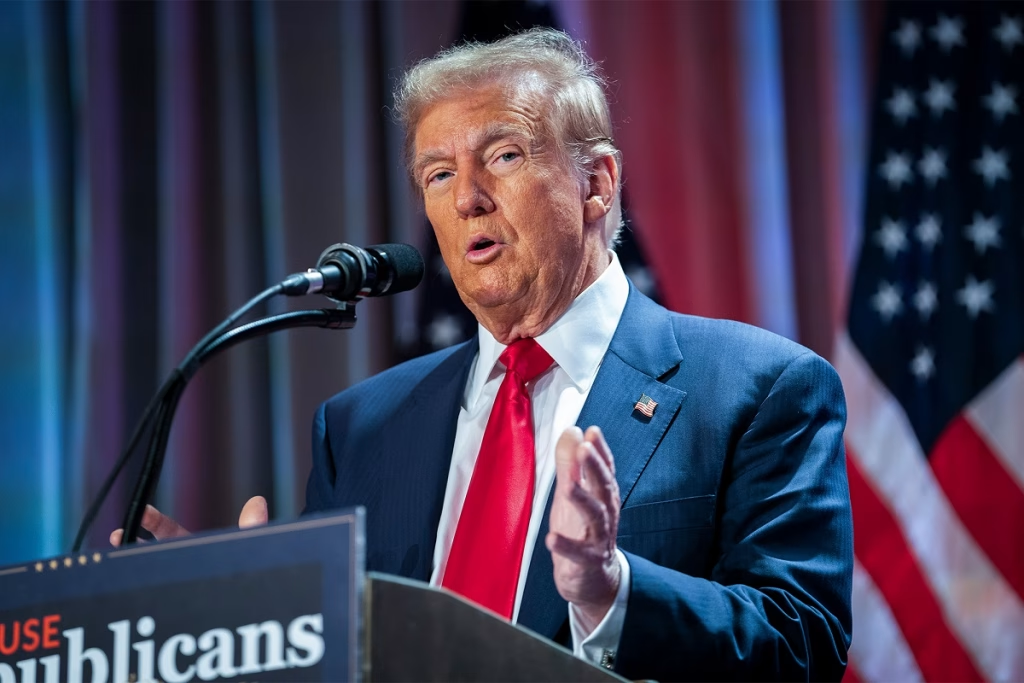
This situation will continue at least until the next political crisis, similar to the storming of the Capitol in 2021, when protesters had their cards massively deactivated — now the same fate may befall radical Democrats. At the same time, an independent audit of the Federal Reserve is being proposed, which is currently not accountable to anyone, has its own budget, and independent staff. For Trump supporters, the next battle will be the appointment of a new Fed chair, which will be a key element of Trump’s campaign to reformat the US financial sector, which many consider to be an elitist organization acting in its own interests and harming the country.
On the international stage, for roughly the same reasons, Trump is now fighting against the International Energy Agency (IEA), which infringes on US sovereignty in the area of rational energy policy by imposing a destructive “green agenda”. That is why the White House is increasing pressure on yet another international institution, the IEA, which was created after the oil crisis of the early 1970s for joint cooperation between energy-importing countries. The second position in the IEA leadership is traditionally held by a US representative, but now this post is occupied by a Democrat and supporter of the “green agenda”.
The Trump team does not like the IEA’s position, which forecasts a decline in demand for oil and gas and lobbies for alternative energy. Republicans plan to stage a coup in the IEA by dismissing supporters of the “green agenda” or withdrawing from the agency and stopping funding, given that US contributions make up 14% of its budget. Trump has already pulled America out of the WHO and the UN Human Rights Commission, as well as the Paris Climate Agreement. His team canceled 10% of the $300 billion in green subsidies agreed upon under Biden, and more than 50 of the 700 announced new green production facilities have been halted. The Republicans’ priority is to increase oil and gas production, but this is hampered by the depletion of shale deposits and market monopolization, which limits supply growth. Nevertheless, the fight against the green agenda continues to gain momentum, bringing Trump and Vance additional political dividends.
Purges of the special services and the war on junk food
Against this backdrop, purges of liberal employees of the special services and foreign policy agencies continued, and representatives of the intelligence community and the State Department who were dismissed by Trump formed the Steady State group, avoiding the unpopular term Deep State. They position themselves as a pillar of “stability”, accusing Trump of usurping power and politicizing institutions. There have been major reshuffles at the FBI, where employees who worked on cases against Trump under Biden have been fired.
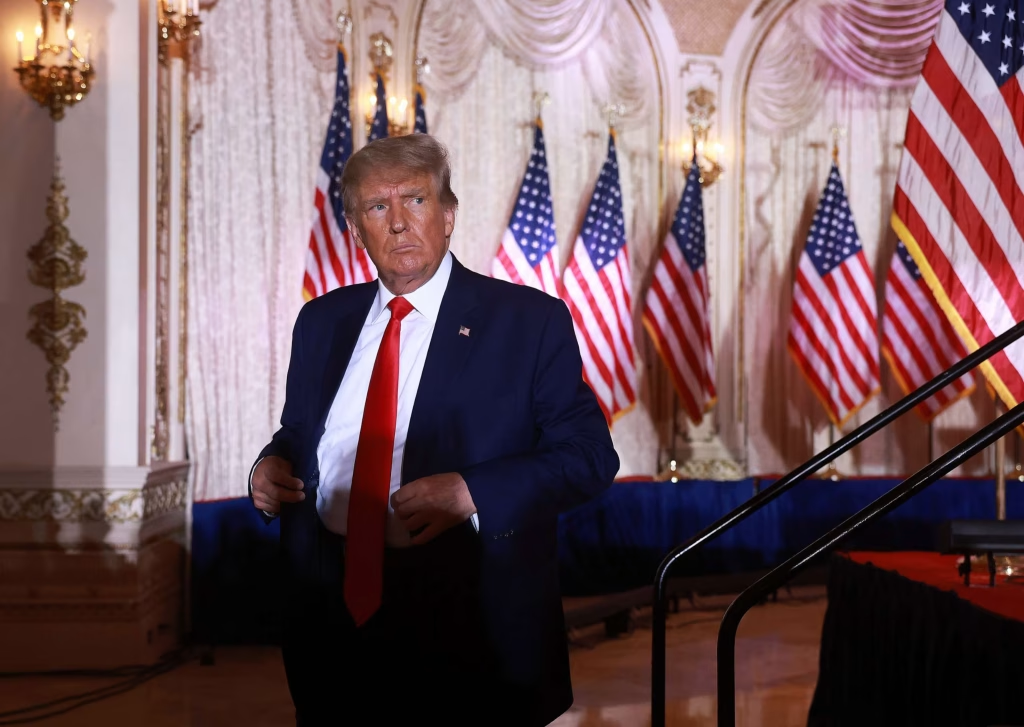
They are being replaced by loyalists led by Director Kash Patel, who is transferring agents from Washington to rural areas to fight crime, while in the capital he is deploying them for night patrols. Trump plans to extend this practice to other major cities, starting with the elimination of “safe drug use” centers. These actions are met with resistance from Biden-era officials, who promise trouble for the “Trump regime,” but so far, their struggle only strengthens conservative voters’ confidence in him.
Finally, the populist MAHA (Make America Healthy Again) campaign is gaining momentum in the US, led by Robert Kennedy, who has declared war on junk food manufacturers in the American food industry. Republican states have begun to restrict the sale of soda and sweets, although so far such regulations have only been introduced for users of food stamps, which are intended to help low-income Americans. It is the poor who suffer most from the obesity epidemic. The problem is catastrophic: 73% of Americans over the age of 20 are overweight, and 38% of children and adolescents in the US have prediabetes.
At the same time, the White House is restricting the use of unsafe food additives, sugar, and synthetic dyes, because many additives and pesticides that are widely used in the US are banned in the rest of the world. This is also one of the factors contributing to the current health crisis in America. Junk food manufacturers are already prepared to make certain concessions, and Lay’s chips, for example, will begin to be produced without artificial colors. But what really frightens them are Kennedy’s plans to remove chips, snacks, and soda from school menus, just as they are being removed from food stamps.
Buying healthy food is too expensive for many people, and this is the main obstacle to attempts to improve the health of the US population. At the same time, aid programs for the poor are being cut amid the budget crisis in Washington, and lobbyists for the $2 trillion food industry are trying to block reforms.
But the health crisis among Americans has already reached a critical stage, so there is a growing understanding that society’s diet and lifestyle need to change, which Donald Trump is using to demonstrate his concern for ordinary Americans. And while JD Vance sees his prospects in 2028, Trump is tackling today’s pressing issues to strengthen his position ahead of the next battle with the Democrats, where the main player will no longer be him, but his vice president.
